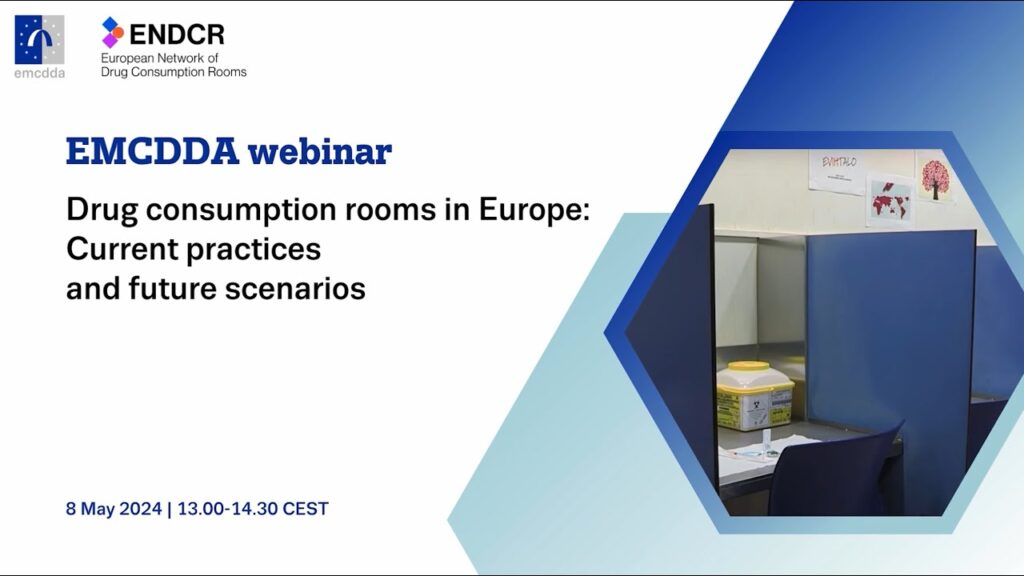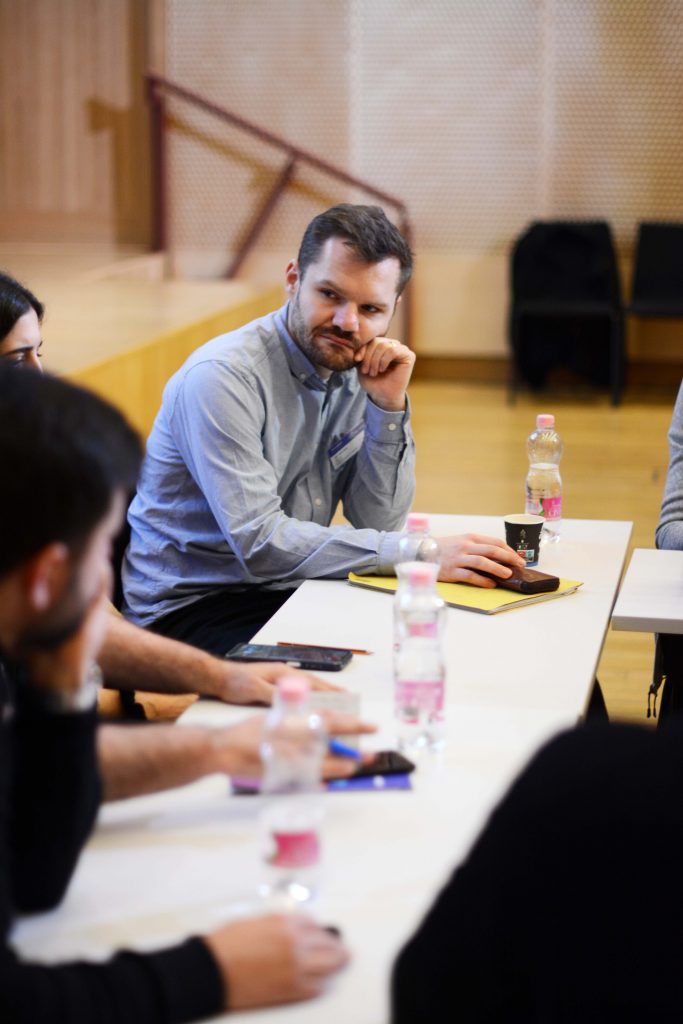
Multiple authors
Drogenberatung e.V. Bielefeld joined Correlation – European Harm Reduction Network as a Member and Focal Point supporting the data collection for the Civil Society Monitoring of Harm Reduction in Europe in 2023. Below we bring an interview with Jan-Gert Hein, a member of the board of directors, to introduce the work of the organisation and why they find it relevant to be part of our Network.
The Drogenberatung has been running for about 50 years already. We are running several facilities that offer services for people who use drugs. We have different advice centres in Bielefeld and also in a town in a more rural area around Bielefeld called Detmold. Besides these, we run a drug consumption room (DCR) that is connected to an advice centre and a doctor’s office that offers opiate substitution. In one of our advice centres in Bielefeld, we have an office for prevention work as well. We also have an advice centre that works on a more structural level and is focused on gambling addiction in North Rhine-Westphalia.
The biggest one is the DCR we are running where we have about 40,000 consumption processes per year. We also do street work where we offer syringe exchange programs and deliver harm reduction material to people who want our help. In terms of harm reduction, we are also running a very low-threshold hepatitis C detection program. People can get a PCR test for hepatitis in our DCR, and know if they are hepatitis C positive and if it needs to be treated.

Our main focus is on people who use drugs, not only in the Bielefeld area but also in Detmold. We also work in several prisons around here, there is also a big group of clients we are focusing on. Most of them are currently using drugs or are relatives of people who use drugs. We also work with people who used drugs before but quit.
In Germany, prisons have to offer advice to people from outside of prisons, they have to work together with drug advice centres and organisations like ours. We work in several prisons with different structures. Some of them are closed, but some of them have an open structure. Inside the prisons, we offer general advice. We inform people about harm reduction services outside of prison, but also of methods they can use inside the prison.
Another basic thing we do is to help people get into therapy. In Germany, there’s a law that offers the option to do therapy instead of staying in prison if a person commits a crime because of an addiction. That needs to be clarified by the court. If that happens, people have the option to do therapy and leave prison. We help people to get out of prison and into therapy.
I think the biggest standout in our facility, the Drogenhilfezentrum (drug aid help centre) is that we combine different aspects of our work there. We combine treatment with the doctor’s office and care options for people with the possibility to get food, drinks, relax and rest. Besides that, we offer a drug consumption room and an option to seek advice. So we have an inclusive offer that people can use.
When we look around in Germany, we see that this concept works out, to have it all in one place so people don’t have to visit different facilities to get the help they need. Combining these key factors, treatment, care, and advice, is a very effective way to promote health for people who use drugs and especially for people who are experiencing homelessness. That’s what makes us kind of unique, and we have very good experiences with having everything in one place.
The Drogenberatung itself has been running, as I said, for about 50 years already. We started with opiate substitution in the 80s and we have a really good network in Bielefeld that is run by the Drogenberatung. I think what makes us special is that we are a really good networker. We have networks with prisons, with doctors, with people from almost every community. That is something we really benefit from as an organisation.
We have a really good network around Germany as well, we also keep in contact with other organizations which are not in or around Bielefeld. That’s how we got in contact with the European Harm Reduction Network, for instance.
Our motivation to join the network was that we noticed that networking is everything, especially in fields of work where you don’t have that many organizations or structures you can rely on. I think that is something that the harm reduction network provides, to seek information and talk to people who have the same struggles as you do. That is something I look forward to.
I’m excited about meeting everyone else and getting in contact because it’s on us. In Germany, we have a far-right party that did well in state elections last year and we see that our work is getting politically and therefore financially under pressure. I think that is something that a good network can help you to endure.
Harm reduction is the basic pillar of our work because if we can’t reduce harm, people endanger themselves. Harm reduction is the first thing that needs to happen for people to get more options. Harm reduction is the first step, not only when we look at the population in Bielefeld, but also if we look into prisons and other settings. It is the first step of everything.